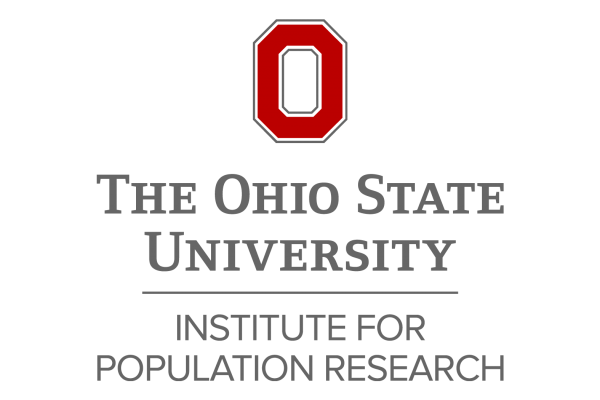
Managing Data: Narratives, biomarkers and understanding stressors among Mexican immigrants to Columbus, Ohio
The mismatch between narratives and biological assessments of settlement challenges the collection and analysis of anthropological data. This is true regardless of our subject, and was central to our investigation of Mexican immigrants settled in Columbus, Ohio. We collected narratives from 34 Mexican immigrants, 24 allowed us to collect biomarkers and completed self-reports and self-assessments of their health and well-being. The narratives, biomarkers and self-reports/self-assessments were often contradictory with experiences of discrimination and stress present. We argue that the mismatch of narrative and biological data are part of the complexity that confronts us as we explore migrant settlement. The stress responses that are evident in the biomarkers demonstrate the physiological tensions surrounding migration, settlement and reception. At the same time, the stories our informants share are one way that difficult, stressful moments are processed and organized to seem less traumatic and dangerous. The differences in data are constitutive of complex patterns and outcomes that reference how our informants create possibilities in difficult situations. It is clear to us that the collection of narratives and biomarkers is critical if we are to understand reception and how immigrants respond to settlement.
